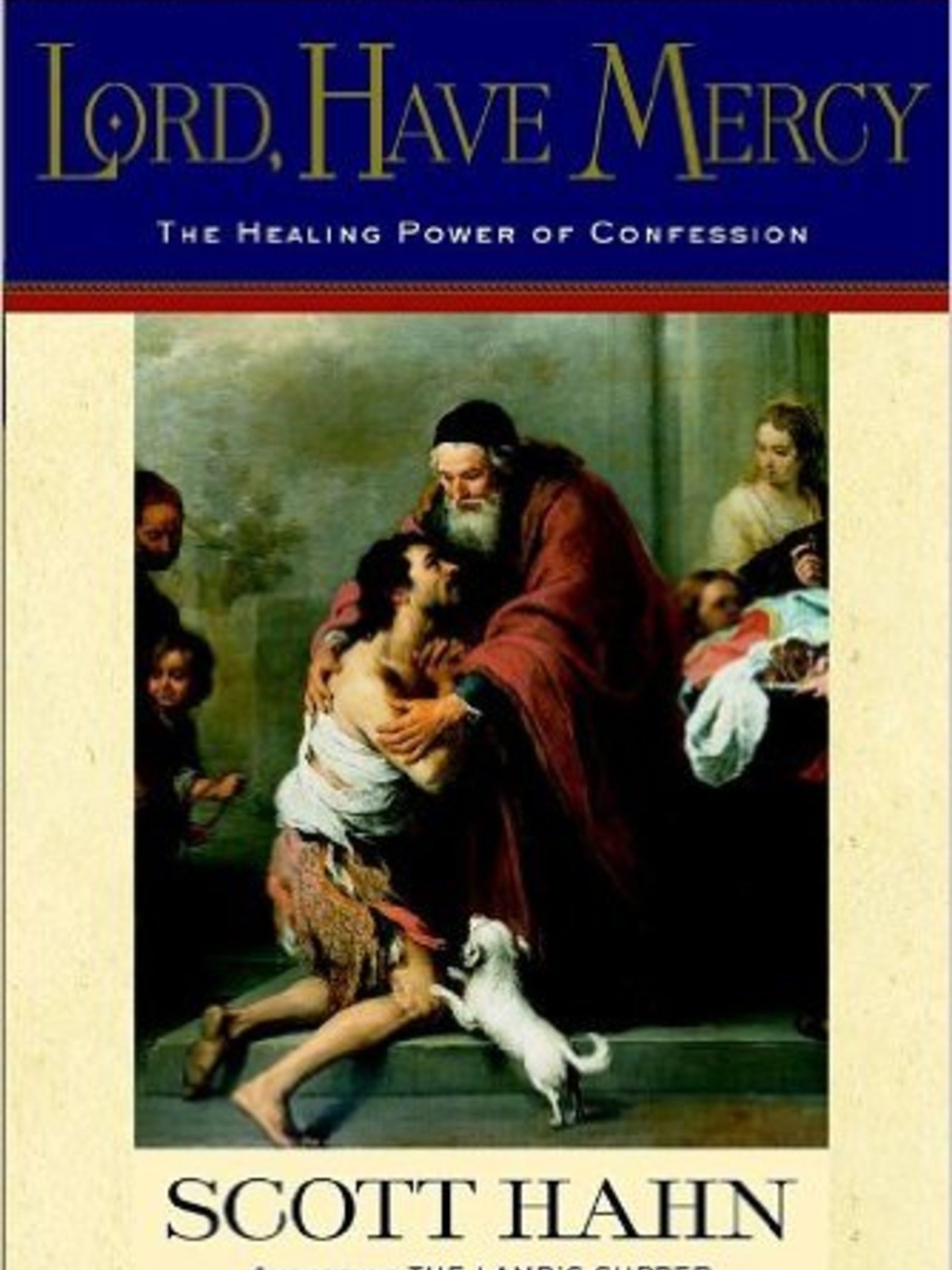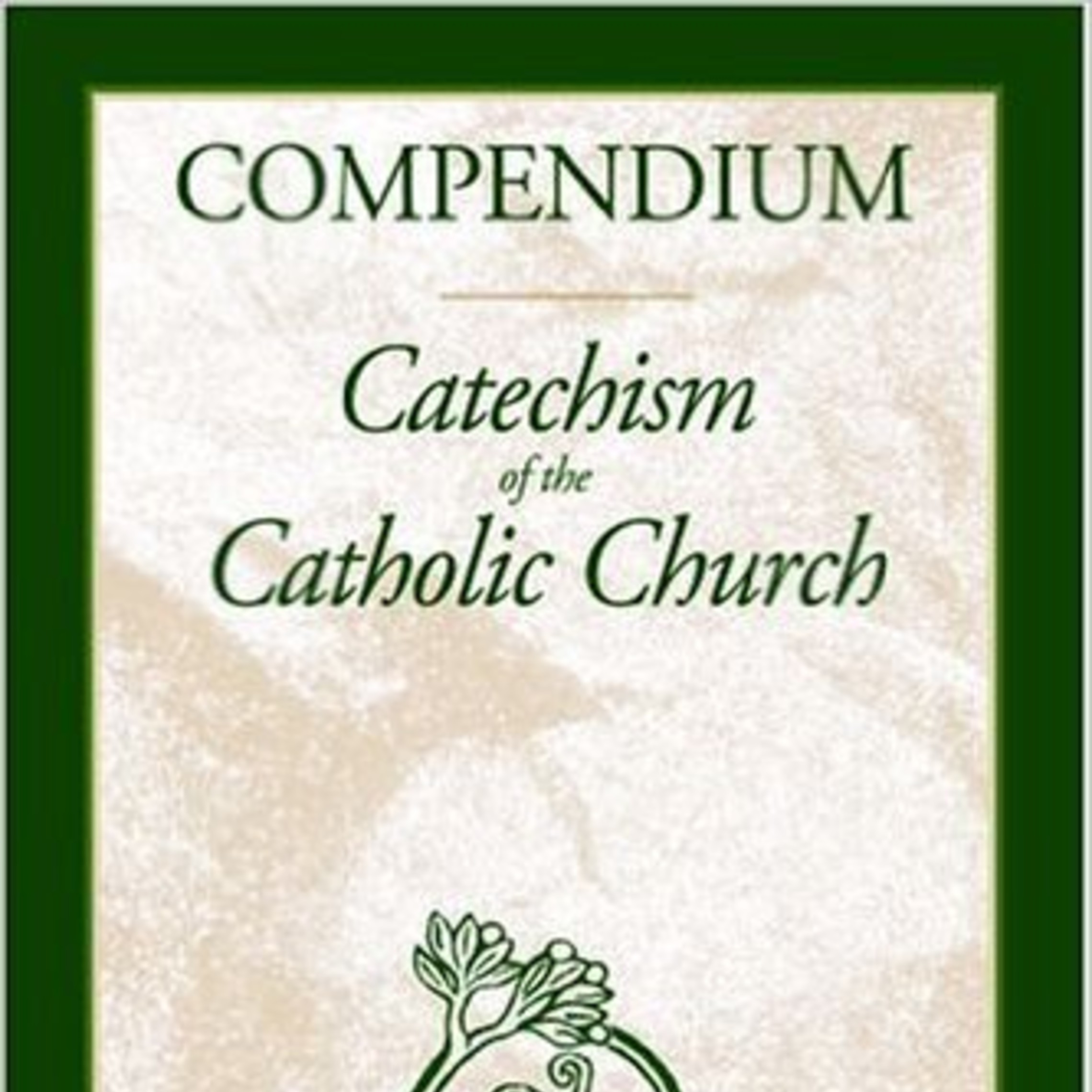Confession Times
|
Tuesday 5:00 - 5:45 p.m. |
|
|
Wednesday / Thursday 8:00 - 8:25 a.m. Friday 8:00 - 8:25 a.m. 4:30 - 5:45 p.m.
|
View an Examination of Conscience
Learn more about Confession
Even after we have received the great gift of salvation in the Sacrament of Baptism we still struggle with sin in our lives.
Due to this fact of Christian life we find great comfort in the Sacrament of Confession because we have an opportunity to be forgiven from the sins we commit after we are baptized. St. Ambrose says there are two conversions “water and tears: the water of Baptism and the tears of repentance.” (Catechism of the Catholic Church, 1429)
Like all of the Sacraments it is a personal encounter with Jesus. In Confession we are telling our sins to the priest who acts in the person of Christ and with the authority of Jesus to listen, offer guidance, provide a suitable penance, and speak the words of absolution. Jesus gave the power to forgive sins to the apostles when he appeared to them after his resurrection in John’s Gospel. Jesus appears to Mary Magdalen, who comes to the apostles to tell them that Jesus is risen from the dead. Then, later that day, Jesus pays a surprise visit to the disciples.
On the evening of that day, the first day of the week, the doors being shut where the disciples were, for fear of the Jews, Jesus came and stood among them and said to them, ‘Peace be with you.’ When he had said this, he showed them his hands and his side. Then the disciples were glad when they saw the Lord. Jesus said to them again, ‘Peace be with you. As the Father has sent me, even so I send you.’ And when he had said this, he breathed on them, and said to them, ‘Receive the Holy Spirit. If you forgive the sins of any, they are forgiven; if you retain the sins of any, they are retained.’ (John 20: 19-23)
This passage reveals three important things about the institution of this sacrament. First, in giving them the gift of the Holy Spirit he specifically sends them out to use this power to forgive people’s sins using the words “I send you” and “if you forgive the sins of any, they are forgiven.” Additionally, Jesus specifies that this power also extends to situations where they may not forgive someone’s sins using the phrase “if you retain the sins of any…” Why would he do this? Doesn’t Jesus want everyone to receive forgiveness? Of course, Jesus (and his priests) want everyone to receive God’s mercy and forgiveness. However, an essential part of the exchange of mercy is sorry for sins and the expression of one’s desire not to sin again. If this is found to be lacking, then the confessor has the authority to not offer absolution. In situations where this is appropriate the priest will provide guidance to the penitent about what obstacles remain to be overcome in order to receive absolution. Lastly, the fact that the priest is given the authority and responsibility to either forgive, or not forgive, the sins confessed by each person he must ordinarily hear the specific sins of the penitent and their expression of contrition (sorrow for their sins) and their resolution to avoid committing those sins in the future (amendment of life). This is the essential difference between simply praying that one’s sins would be forgiven and the exchange between priest and penitent in this sacrament.

Jesus gave us a beautiful story to help us understand the expression of his mercy in this sacrament. In Luke 15 we find the story of the Prodigal Son, the son who disowns his father by demanding his inheritance and then wasting it on partying and immoral living. Then a famine strikes the country where he is partying and he runs out of money. Realizing how far he has fallen he decides to return home to tell his father how sorry he is for what he has done. He practices what could be called an Act of Contrition as he prepares to approach his father and ask him to allow him to return home, not as a son, but as one his father’s servants. As he approaches his home the story continues…
But while he was yet at a distance, his father saw him and had compassion, and ran and embraced him and kissed him. And the son said to him, `Father, I have sinned against heaven and before you; I am no longer worthy to be called your son.' But the father said to his servants, `Bring quickly the best robe, and put it on him; and put a ring on his hand, and shoes on his feet; and bring the fatted calf and kill it, and let us eat and make merry; for this my son was dead, and is alive again; he was lost, and is found.' (Luke 15:20-24)
God the Father’s reaction when we sin is not to wave his finger and say “I knew he would do that” or “Too bad he/she will never be able to come home now.” No, where there is sin there is always grace. God responds to our sins by inviting us to come to him to receive mercy and forgiveness. He loves us not because we have sinned, but in spite of the fact that we have. He sees us as the father does in the story from Luke 15, running out to meet us when we approach his throne of mercy to restore our sonship in his Son Jesus.
It is not easy to entrust oneself to God’s mercy, because it is an abyss beyond our comprehension. But me must! … ‘Oh, I am a great sinner!’ All the better! Go to Jesus: He likes you to tell him these things! He forgets, he has a very special capacity for forgetting. He forgets, he kisses you, he embraces you and simply says to you: ‘Neither do I condemn you; go, and sin no more.’ -Pope Francis, Homily on March 17, 2013
What a great gift this sacrament is to the sinner who seeks to become a saint! When we receive it with a truly contrite heart, we can know for certain that we are forgiven. Through the priest, Jesus Himself offers forgiveness to the penitent, as well as grace to strengthen the person against future temptations.
The Sacrament of Penance and Reconciliation
The Sacrament of Confession is also called the Sacrament of Penance and Reconciliation. We use these names to describe the different aspects of this sacrament because it does not only involve confessing our sins and receiving forgiveness.
It is called the Sacrament of Penance to describe the restoration of our hearts through the expression of our sorrow and cooperation in our healing. Penance has two aspects; interior and exterior.
Interior Penance…
“is the movement of a ‘contrite heart’ (Psalm 51:19) drawn by divine grace to respond to the merciful love of God. This entails sorrow for and abhorrence of sins committed, a firm purpose not to sin again in the future and trust in the help of God. It is nourished by hope in divine mercy. -Compendium of the Catechism, 300
Exterior Penance…
“Can be expressed in many and various ways but above all in fasting, prayer, and almsgiving. These and many other forms of penance can be practiced in the daily life of a Christian, particularly during the time of Lent and on the penitential day of Friday. -Compendium of the Catechism, 301
It is also called the Sacrament of Reconciliation because it not only restores our relationship as sons and daughters of God, it also reconciles us with one another restoring our union with the Body of Christ, his Church. So, in addition to the forgiveness of sins, the penitent, through the priest, is reconciled to the Church itself.
Those who approach the sacrament of Penance obtain pardon from God's mercy for the offense committed against him, and are, at the same time, reconciled with the Church which they have wounded by their sins and which by charity, by example, and by prayer labors for their conversion. (Catechism of the Catholic Church, 1422)
How to Make a Good Confession
Prepare beforehand by starting with prayer, asking for God’s help using a traditional prayer or prayer of your own.
Make a good examination of your conscience. You may find it helpful to use a prepared list to help you with the formation of your conscience inspired by the 10 Commandments or a list of virtues and vices.
As you enter the confessional the penitent makes the sign of the cross and prays “In the name of the Father, and the Son and the Holy Spirit” to initiate the sacrament. The priest then offers a greeting and may even read a short passage of scripture.
The penitent then indicates how long it has been since their last confession.
Then you confess your sins in kind and number (don’t worry if you have to generalize the number of times, especially if a lot of time has passed since your last confession). It is generally best to list any mortal sins first and then venial. If you are not certain of the gravity of each sin, simply confess them as they come to mind. You are not required to confess venial sins in the sacrament, but it is a good thing to do nonetheless, especially if you would like some advice about a habitual venial sin.
If it has been a while since your last confession don’t worry the priest will help you. As you say your sins it may be helpful to mention your state in life to the priest (married, single, line of work, etc.). It is best to simply state what you did, convicting yourself and not blaming your actions on other people or confessing the sins of others. This is not the place for excuses. It is the place to be rid of guilt in sincerity and honesty.
Once you have finished saying your sins you may indicate that you are finished by saying “I am sorry for these and all the sins of my past life” or “these are all my sins.”
Then the priest may ask you some questions to help him understand anything that you said that is unclear. He may offer you some advice about how to avoid temptation and/or make suggestions to invite you to develop a particular virtue to avoid sin in the future.
The priest will give you a penance which may be a prayer or action intended to join your sufferings to the Cross of Christ to “complete what is lacking in Christ’s afflictions for the sake of his body, that is, the church…” (Colossians 1:24) and offer reparation for the effects of your sins.
He will then say the words of absolution, acting in the person of Christ, speaking the words of forgiveness and reconciliation at the heart of this sacrament. At the end of the words of absolution answer, “Amen.”
You should do the penance as soon as reasonably possible. It will diminish the temporal punishment of sins already forgiven.







